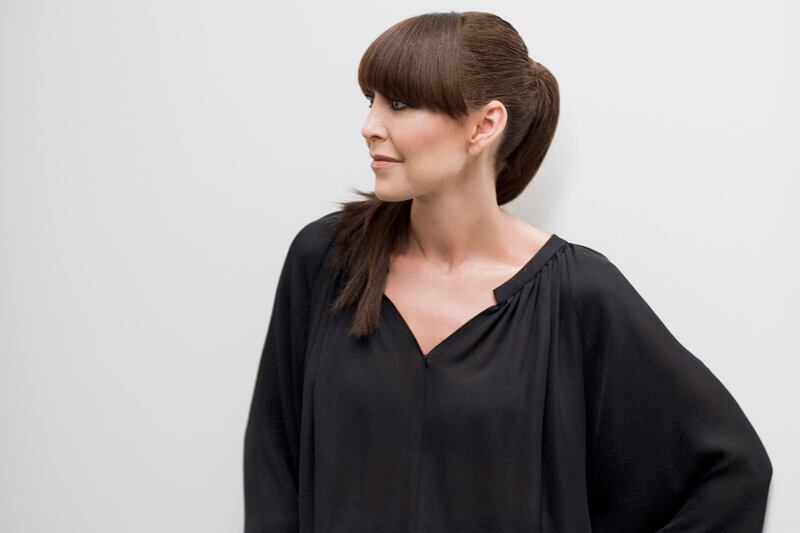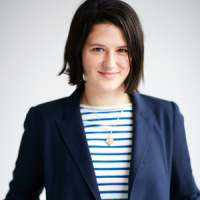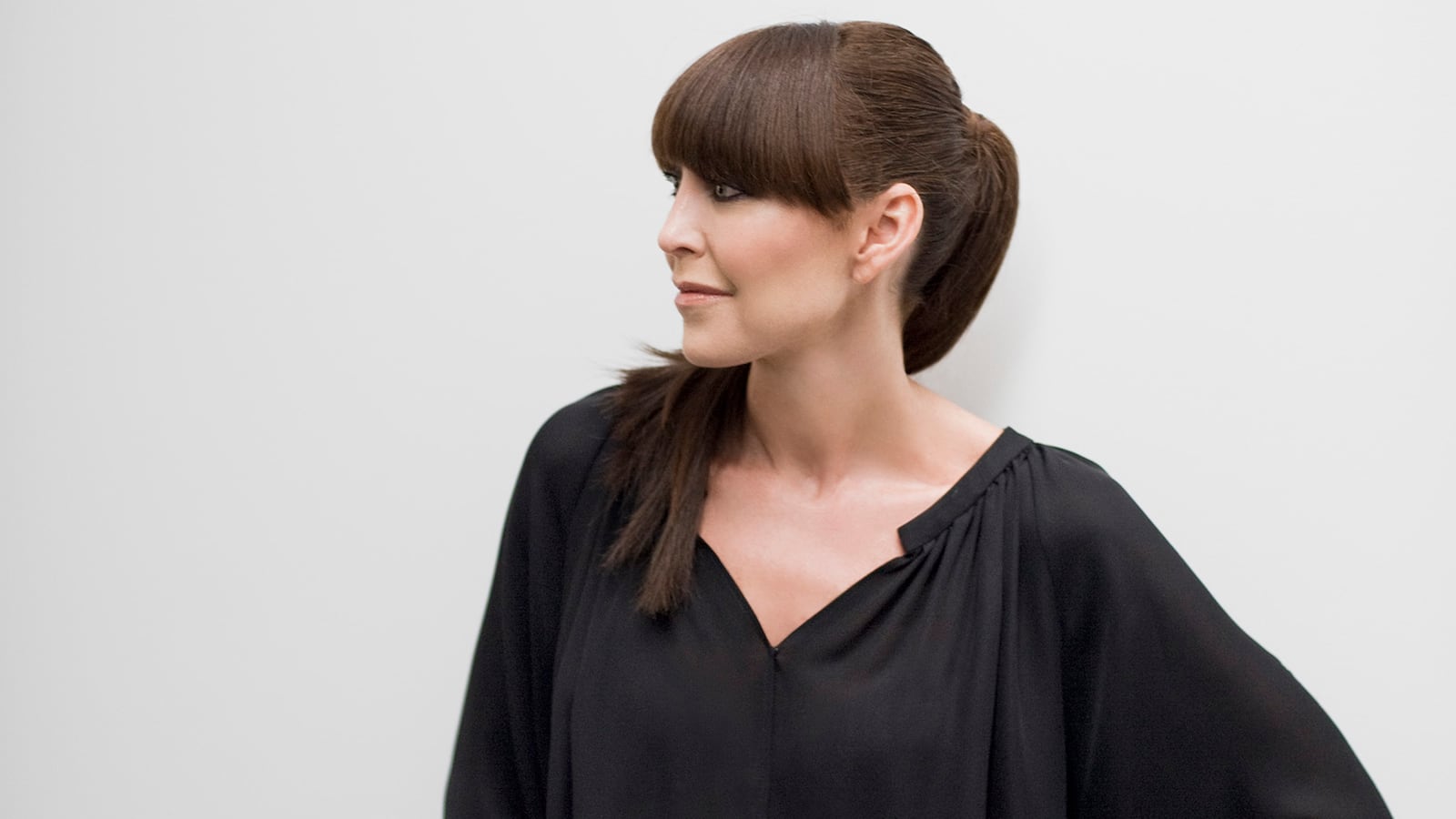
Tamara Mellon wants to shake up the system. Actually, make that systems.
The former chief creative officer and co-founder of Jimmy Choo—who left the British footwear label in 2011 after it was acquired for more than $800 million by luxury group Labelux—is on several new missions this fall.
The first is to challenge the fashion-industry schedule. With her new namesake label, which launches online and in stores this November, Mellon’s goal is to sell in-season fashion—rather than a season ahead, as is the industry norm. That means coats in December and January and slinky dresses in June. “I don’t want to buy a coat in July, and the women I know don’t want to either,” Mellon, 46, tells The Daily Beast by phone from her home in Long Island, where she and her 11-year-old daughter, Araminta, better known as Minty, are spending a week. “Nobody can think that far ahead anymore.”
The line, which includes shoes, handbags, and ready-to-wear (a new category for Mellon), will deliver a new selection of 8 to 10 weather-appropriate looks each month to her e-commerce site, TamaraMellon.com, as well as partner retailers, including Bergdorf Goodman and Net-a-Porter.
“My issue now is getting the business, the industry, to adapt,” she says. “I think they’ll have more confidence once they see the response from the customer,” she says—and of course, there’s her own retail and e-commerce. While Mellon plans on opening brick-and-mortar stores in New York and London in early 2014, her online presence is a pillar of the operation. “Most fashion businesses look at e-commerce in the wrong way,” she says. “They model it as one store, thinking it should be 10 percent of the business. I’m considering online as a global chain, like having a prime location in every city. Each major city should do the same volume as a store.”

Mellon is also eager to get retailers thinking differently about actual products as well, not just the cycle in which they're released. Her shoes—like the “legging” boot, a stretchy thigh-high production—will don luxury prices ($495 and up), although she says she’s taken a smaller margin so that they will be priced slightly under the current norm. But the clothes are more affordable than expected—think $750 for a dress instead of $2,000. Highlights from the ready-to-wear collection include a high-slit leopard-print cocktail dress, a slouchy winter-white suit, and low-rise skinny trousers. “I’ve combined two different worlds—luxury and contemporary—because I don’t want to spend over $800 for a dress,” she says. “The beauty of being a new business is that we have not inherited all of the dusty protocol of a more settled brand. I love that Tamara Mellon is associated with #disruptfashion, a hashtag floating around.”
Another thing Mellon doesn’t want to do is sit by idly while other people attempt to make sense of her story. This week, the designer’s memoir, In My Shoes will be released, detailing the past 20 years of her life, from her financial and creative struggles at Jimmy Choo to her personal challenges, including a divorce from financier Matthew Mellon and a stint in rehab in her early 20s. It’s an antidote to The Towering World of Jimmy Choo, Lauren Goldstein Crowe’s 2009 book about the inner workings of the company, which detailed Mellon’s relationship with her father, Vidal Sassoon tycoon Tom Yeardye, as well as her conflicts with Choo himself, who exited the company in 2001.
Mellon, who was not interviewed for Goldstein’s tome, says that in writing her own account of events, she “wanted to tell my story. It is my way of closing the chapter on one story and opening the chapter on a new,” she says. But while gossip seekers might be expecting pages upon pages of sex, drugs, and five-inch stilettos, Mellon’s biggest motivation in writing the book was to “help young women entrepreneurs. Women need to find their voice again. In the 60s and 70s, we made great strides and it was fantastic. Then we plateaued. There’s still more work to be done.” Does she consider herself a feminist? “Absolutely. If a woman doesn’t consider herself one, then she hasn’t really thought about what the word means, which is the desire for equality. Who doesn’t want equality?”
Mellon’s dedication to helping women in business goes beyond the book: she’s starting a yet-to-be-named foundation that will support women’s equal pay rights and fight against gender discrimination, and she works at a domestic-violence center in Harlem. “There’s still more work to be done,” she says. And while she’s spending more time in the office than ever before, Mellon says she is very dedicated to her family—which includes her daughter and her boyfriend, CAA co-founder Michael Ovitz. “My daughter has taken to riding,” she says. “I am often cheering her on at the stables.”





